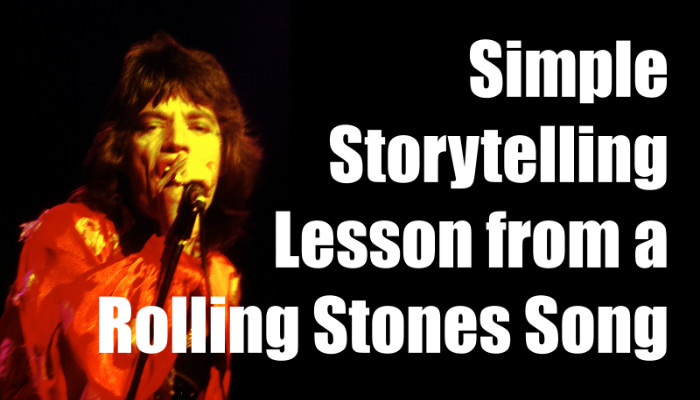
One of the best things about being a storyteller is the god-like control we hold over our characters. But, with all great power comes great responsibility. If a story is the result of people pursuing what they want (StoryHow Mantra), storytellers must choose how to satisfy those wants.
I bought my first car when I was sixteen. My 1969 Cutlass Supreme was big, fast, and fun to drive. Its powerful 350 engine could pass anything…well, except for a gas station. It drank gasoline like a thirsty camel which ate into my meager earnings as a student and part-time employee. And so, I sold the gas-guzzler to get a more fuel-efficient one: a 1974 Fiat 128.
And I got EXACTLY what I wanted. My gasoline expenses plummeted–yet not for the reasons that I expected. When the car actually ran, it used a thimbleful of fuel. However, the money I saved in gas bills was swamped by the vehicle’s repair bills.
Storytellers have two choices when granting their character’s wishes: give them what they ask for or what they expect, but never both. One or the other leads to a story. Both leads to a boring marketing pitch.
Option One: Give characters exactly what they asked for, but not in the way they expected.
- King Midas wanted everything that he touched to turn to gold, before thinking through the whole eating thing.
- Ron wanted a fuel efficient car and got one that didn’t run.
Option Two: Give characters what they expected, just not in the way they had envisioned it.
- Sharon asked for a fish, but got a fishing rod.
- Sam prayed for money and was offered a back-breaking job.
A story is the result of people pursuing what they want. So, always remember the immortal words of Mick Jagger and Keith Richards:
You can’t always get what you want, but if you try sometimes, you just might find, you get what you need.
Photo Credit: image by Irog through Creative Commons: Attribution-ShareAlike 2.0 Generic.